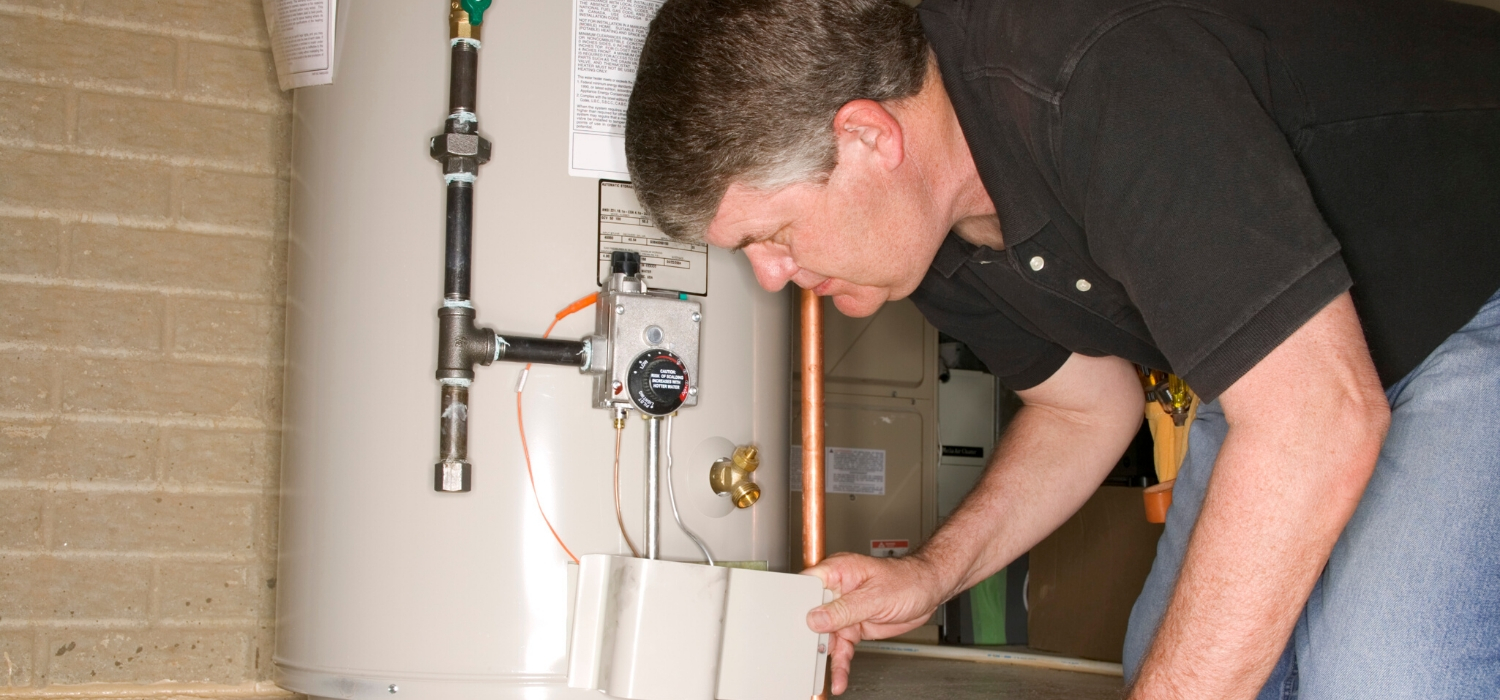How do you actually feel about Is Your Water Heater Leaking??

A hot water heater is one of the most vital standard home appliances that can be located in a house. With hot water heater, you don't require to experience the stress and anxiety of home heating water manually every time there is a need to take a bath, do the laundry, or the meals. There is always an opportunity that your water heating unit would act up as with a lot of mechanical tools.
It is important to note any type of little breakdown and tackle it swiftly prior to things leave hand. The majority of times, your water heater begins to malfunction when there is an accumulation of sediments as a result of continuous use. As a preventative measure, periodic flushing of your hot water heater is suggested to prevent debris build-up and also stop functional failing.
Common water heater emergencies as well as exactly how to deal with them
Too little hot water
It might be that the water heating system can not sustain the warm water demand for your home. You could upgrade your water heater to one with a larger ability.
Varying water temperature.
Your water heating unit could start generating water of various temperature levels generally ice hot or cool hot. There might be a demand to replace either the heating or the thermostat device of your water heating system.
Dripping hot water heater container.
In this situation, you ought to turn off your water heating unit, permit it to cool down, and meticulously look for the resource of the problem. At times, all you need to do is to tighten up a few screws or pipe links in instances of minor leaks. If this doesn't function as well as the leakage persists, you may require to use the services of a professional for an appropriate replacement.
Stained or smelly water
When this happens, you require to know if the problem is from the tank or the water resource. If there is no funny scent when you run chilly water, then you are particular that it is your water heating unit that is defective. The odiferous water can be caused by corrosion or the buildup of microorganisms or sediments in the water heater tank.
Verdict
Some homeowners neglect little caution as well as minor faults in their hot water heater system. This just causes more damages as well as a feasible full failure of your device. You should handle your hot water heater faults as quickly as they come near stay clear of even more costs as well as unneeded emergency problems.
With water heating units, you don't need to go with the stress and anxiety of home heating water by hand every time there is a demand to take a bath, do the washing, or the dishes. It might be that the water heater can not sustain the warm water demand for your home. Your water heater could begin producing water of different temperature levels usually ice scalding or cold hot. If there is no funny odor when you run cool water, after that you are specific that it is your water heating system that is damaged. The stinky water can be caused by corrosion or the accumulation of bacteria or sediments in the water heater container.
Common Water Heater Issues and What You Should Do
What Type of Water Heater Do You Have?
Before we begin it’s first important that you identify the type of water heater you have on your property. There are two main types of water heaters out there: conventional and high efficiency.
Both of these types of products typically use either gas or electricity to heat power. There are also solar water heaters that use a thermal collector on the roof or yard to heat the water.
While these models are not as common, they can cut heating costs in half. In this article, we will focus on conventional and high efficiency.
How Do My Electric and Gas Water Heater Work?
Though they look similar, electric and gas water heaters work very differently. It’s important to know their basic function because often problems can be specific to the heating source.
In the electric model, a thermostat on the side of the machine detects the temperature of the water in the tank. When the temperature needs to rise electricity flows to a heating element suspended in the water.
Gas models also use a thermostat device — typically with a mercury sensor at the tip and an additional sensor called a thermocouple. The thermocouple detects whether the pilot light is on and controls the flow of gas.
When the thermostat drops below the appropriate level gas is released which becomes ignited by the pilot light. The flame heats the bottom of the water tank which causes hot water to rise and cold water to drop.
This natural circulation continues until the water reaches the desired temperature. Then, the thermostat triggers the gas control valve to shut off the flow of gas.
What Are the Most Common Issues and How Do You Fix Them?
https://happyhiller.com/blog/common-water-heater-issues-and-what-you-should-do/

Do you appreciate reading up on Warning Signs You Need Water Heater Repairs? Give a comment down below. We will be glad to know your thoughts about this blog. In hopes that you come back again soon. If you enjoyed our page kindly do not forget to pass it around. Thanks for taking the time to read it.
Book My Estimate